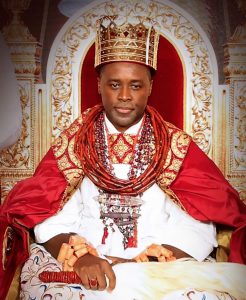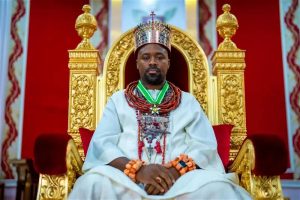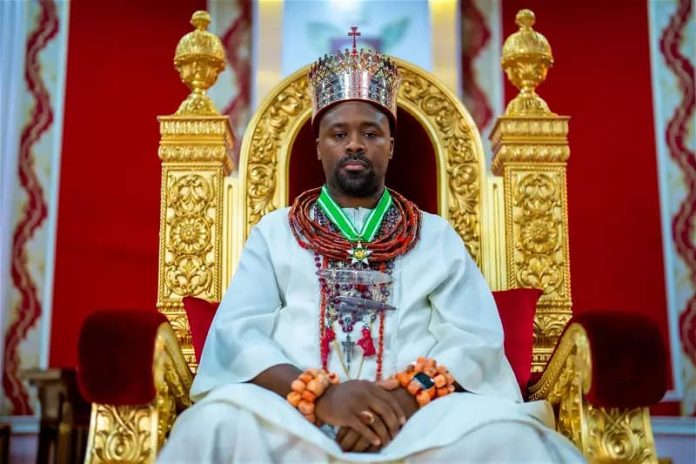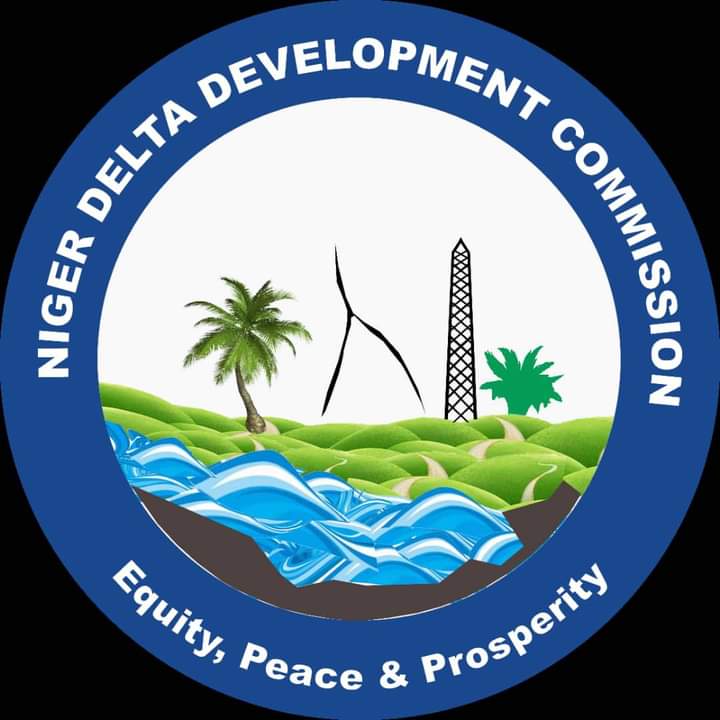By Fred Edoreh
It was not surprising that while the population of the Itsekiri people was comparably lower than a number of their neighbouring kingdoms in the Mid West, the Olu of Warri was gazetted as a permanent member of the House of Chiefs of the Government of Western Nigeria. It was simply in recognition of the great political, financial and diplomatic influence of the monarchy.

First, as they commonly say in Itsekiri, “Mi ni mi ni I gbo, I gbo mi ni.” Apologies for my poor speak of Itsekiri, but it means “the people own the kingship and the kingship owns the people.” It describes the tight knot, high bond and deep togetherness between the monarchy and its citizenry.
Not minding occasional distension that occurs in human affairs, the Itsekiris are reputed to be one of the most united people in Southern Nigeria and that translates to strength.
Added to that is the fact that the kingdom was the earliest in Nigeria to have contact with the Europeans through the birt of Benin. First, it was with the Portuguese, then Spanish and later British.
They bonded through treaties of trade and treasures of friendship for mutual commercial and economic benefits. Even though the relationships got difficult sometimes, it accorded the Itsekiris gainful bilateral and multilateral connections for advancement.
This was witnessed in the early Western education of a number of its princes and intermarriage between them and the Spanish-Portueguse.
The relationship mostly began to deepen at about the 1600 with the friendship between His Royal Majesty, Sebastiao Atorongboye, the 6th Olu, and King Philip II of Spain who ruled Portugal at the time, and by which the Spanish-Portueguse monarchy was moved to confirm the Olus as Doms, in line with Portuguese nobility and monarchical tradition.
Leveraging on the tie, Atorongboye sent his son, Dom Domingo, to study in Portugal and he returned not only as the first graduate in Sub-Sahara Africa but with a wife from the Portuguese nobility. He was crowned Atuwatse I, the 7th Olu.
Atuwatse I also sent his son, Antonio Domingo, to study in Coimbra and also at an institute in Angola, then a Portuguese colony. Antonio also married a Portuguese wife, was crowned Olu Oyenakpaghan (of the White Skin) and was reputed to have had good communications with the Pope and various top leaders of the Western world.
For a long period therefore, successors to the throne were of such breed that enhanced the diplomatic strength of the Itsekiri people in the international scene.
These relationships however only complemented the fact that the Itsekiri nation and its monarchy share deep ties with two of the greatest monarchies in pre and post colonial Southern Nigeria, Ile-Ife and Benin.
History establishes that the first Olu, Ginuwa, was a prince of Benin Kingdom and heir apparent to the throne of his father, Olua, the 14th Oba of Benin.

Ginuwa was said to have migrated to Ode Itsekiri and, as fate would have it, the united communities of Itsekiri people discovered him and made him their king.
The Benin monarchy itself is said to have been established by Eweka, a prince from Ile-Ife, also chosen by the Bini people to rule over them.
Thus, the ties of the Itsekiri monarchy extends powerfully through Benin to Ile-Ife Kingdoms. It becomes more profound when we note that Ile-Ife or the seat of the Ooni is known as the foundation of the Yoruba nation.
Today, the current Olu of Warri consummates and harmonises the ancestral relationships from Ife, Benin to Itsekiri, in his person.
He, Olu Tsola Emiko, Ogiame Atuwatse III, is the son of Olu Atuwatse II, the 19th Olu of Warri, who is a direct descendant of Ginuwa, the first Olu of Warri.
That also makes him a direct descendant of Oba Eweka, the first Oba of Benin, as such with direct ties with the Benin royal family. This is because Ginuwa, was the son of Oba Olua who was the son of Oba Ewuare who was the grandson of Oba Eweka.
He also has direct connections with the Ile-Ife monarchy, as a direct descendant of Oduduwa, being that Oba Eweka who established the Benin monarchy after the reign of the Ogisos, was the son of Oranmiyan and Oranmiyan, reputed also to have founded the Oyo Empire, was the grandson of Oduduwa, the first Ooni of Ife and Patriarch of the Yoruba nation.
To add to it all, Ogiame Atuwatse’s mother was a direct princess of Ife monarchy, the daughter of the industrious, hugely successful, cosmopolitan and internationally influential Oba Okunade Sijuwade, Olubuse II, grandson of Ooni Sijuwade Adelekan of the Ogboruu Ruling House which is of direct lineage to Oranmiyan and Oduduwa.
Thus, Atuwatse III draws intricately from and combines the blood, ancestry, spirituality and influence of three great and divinely linked kingdoms.
It is mystical. God seems to have brought the ancestries of the majestic and powerful monarchies to find a single, united expression, and home in one of their young, a rare and fascinating occurrence in paternal and maternal genealogy, the purpose of which only the deep can discern.
(Just as an aside, note though that whilst it is agreed that Eweka, the son of Oranmiyan, the grandson of Oduduwa established the Benin monarchy, the Binis argue that Oduduwa himself was a Benin prince earlier sent from Benin to establish rule Ife.)













